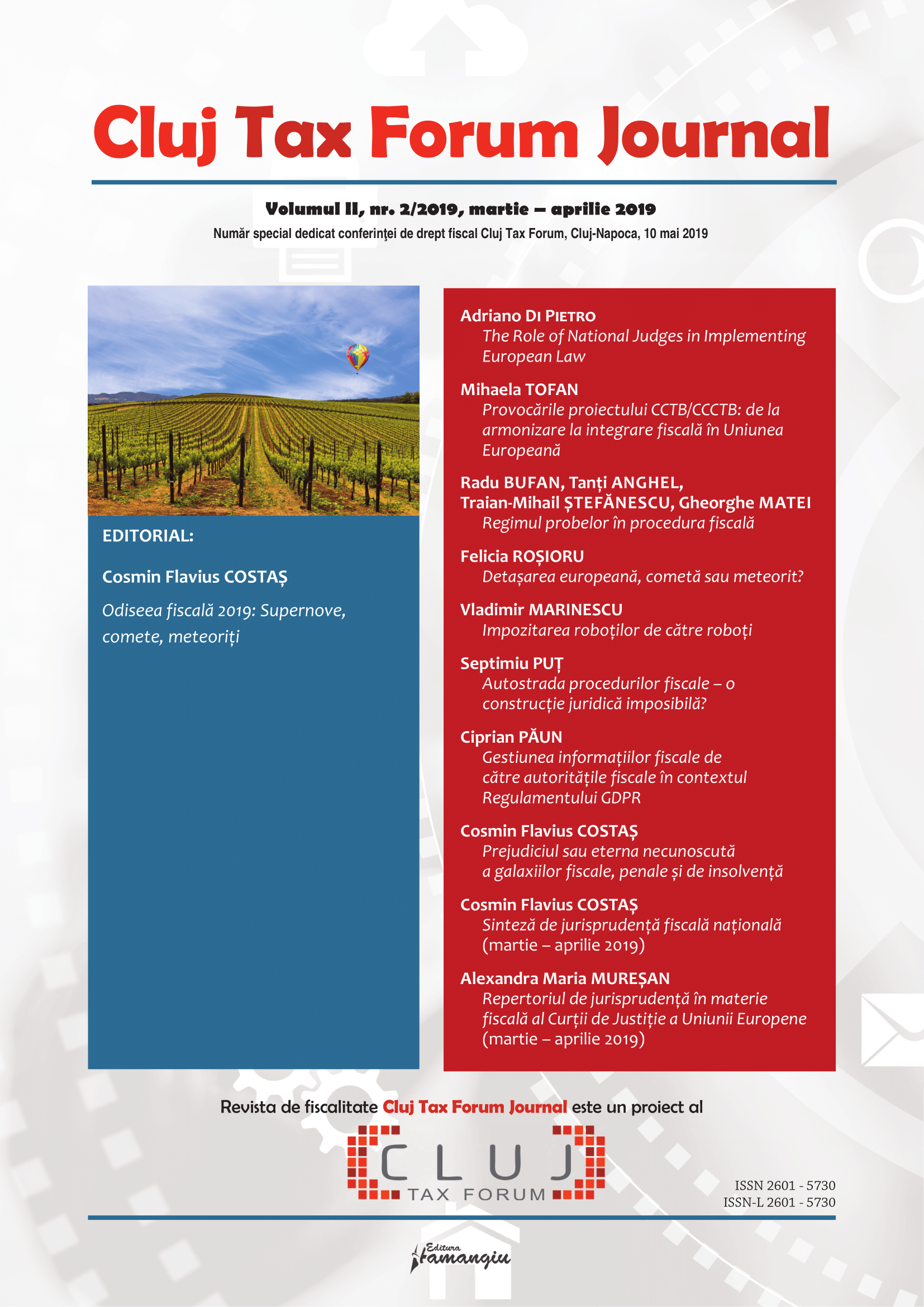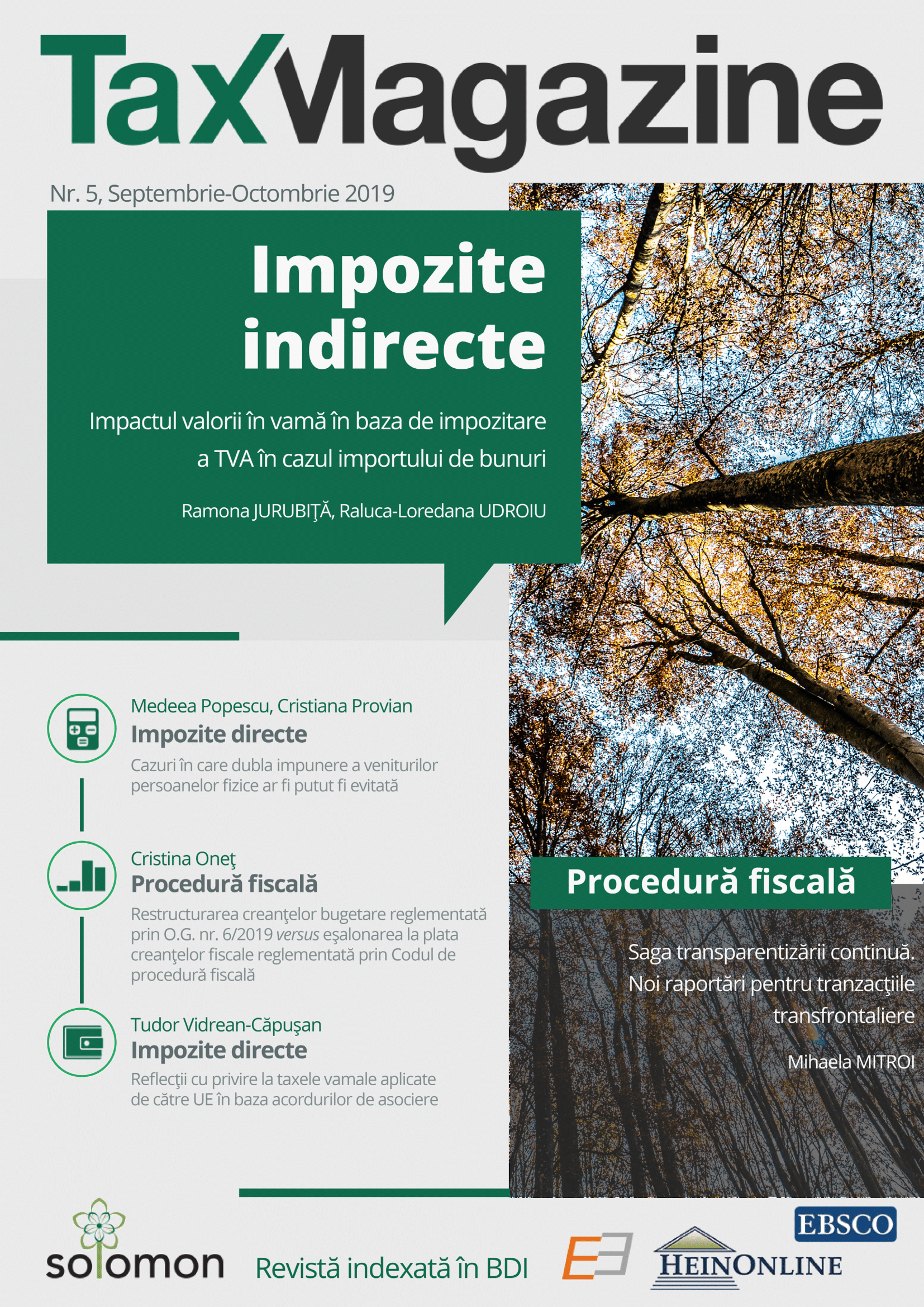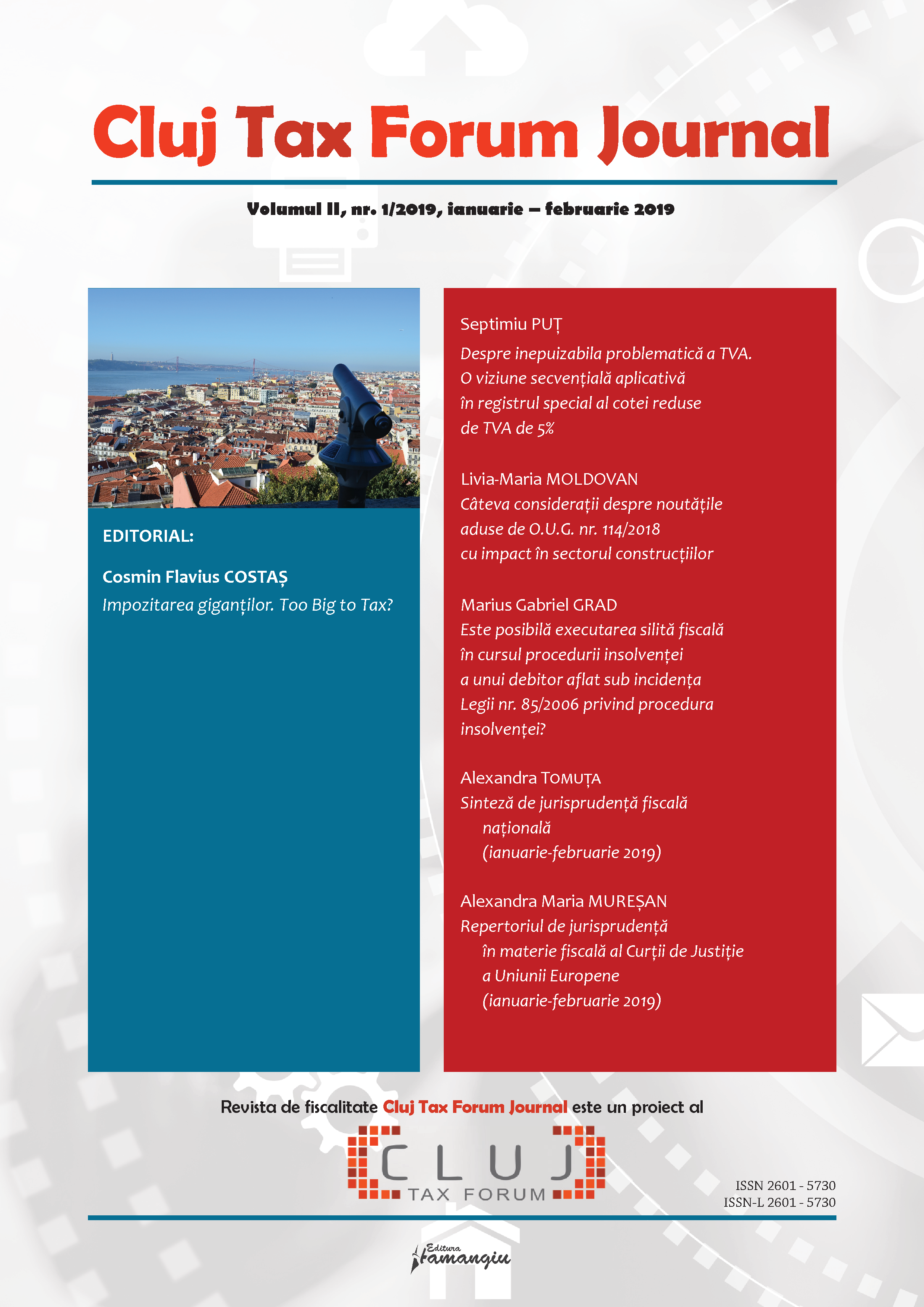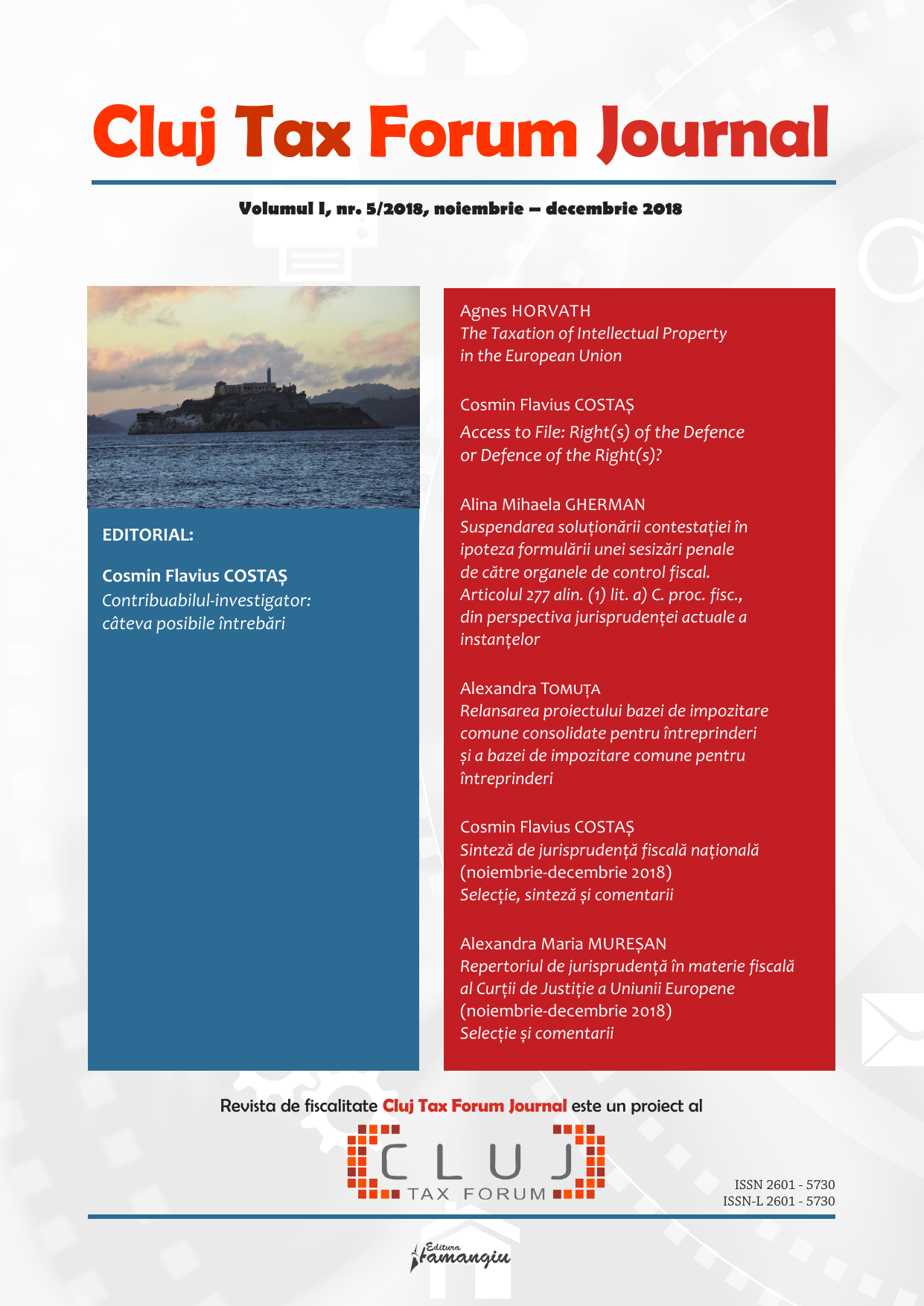Directiva 2003/88/CE. Organizarea timpului de lucru. Dreptul la concediul anual plătit. Concediu medical. Concediu anual care coincide cu un concediu medical. Dreptul de a beneficia de concediul anual în altă perioadă
C.J.U.E., Hotărârea Curţii, Camera a cincea, din 21 iunie 2012, cauza C-78/11
More...




